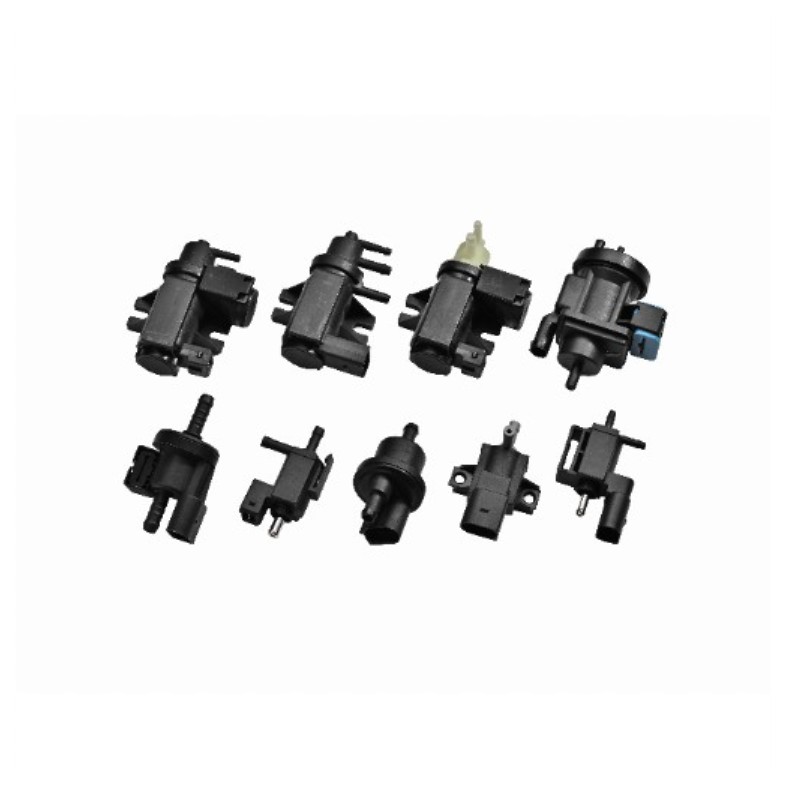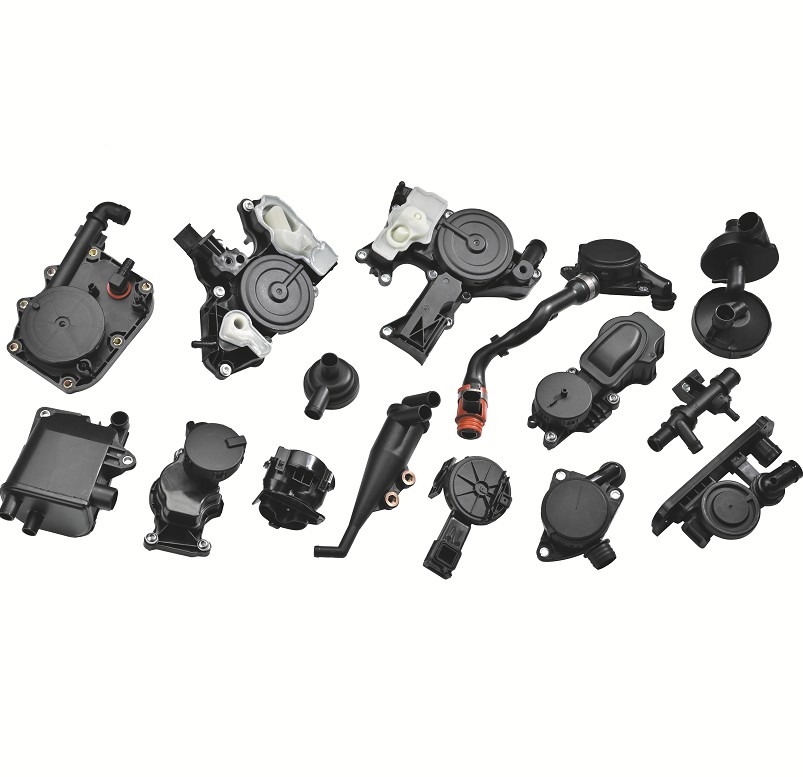A car solenoid valve is essentially an electrically controlled mechanical switch that controls the flow of fluids (such as fuel, oil, or air) via electrical signals. It is widely used in engine control, automatic transmissions, turbocharging systems, and emissions control systems.
Content
1. Significant Reduction in Power and Performance
The most direct impact of a solenoid valve failure is often reflected in the vehicle's power and performance.
Degraded engine performance: If solenoid valves associated with the fuel system (such as the canister purge valve) or the turbocharging system (such as the pressure relief valve/bypass valve) are damaged, this can lead to an imbalance in the fuel mixture or inability to accurately control boost pressure. You may experience weak acceleration, increased fuel consumption, or even engine jerking.
Irregular transmission shifting: In automatic transmissions, solenoid valves control the flow of hydraulic fluid, enabling smooth shifting. A malfunction can cause shifting delays, jerking (jerks), unusual noises, or even lock-in in a gear due to protection mode. This type of failure is particularly common with the control solenoid valve within the hydraulic valve body.
2. The Check Engine Light (CHECK ENGINE) Illuminates
This is one of the most common signs of a car solenoid valve failure. Modern vehicles' electronic control units (ECUs) continuously monitor the operating status of various systems. When the ECU detects a solenoid valve circuit anomaly (such as an open circuit or short circuit) or performance parameters outside of preset ranges, it immediately illuminates the CHECK ENGINE light on the instrument panel and stores a fault code in the system.
Recommendation: When the CHECK ENGINE light illuminates, promptly visit a repair shop to use a diagnostic tool to read the fault code and determine whether a specific solenoid valve (such as the EGR valve or VVT solenoid) requires replacement or repair.
3. Abnormal Fuel Consumption and Excessive Emissions
Some solenoid valves directly affect fuel injection volume and exhaust emissions.
Increased Fuel Consumption: For example, a problem with the solenoid valve involved in fuel pressure regulation can result in excessive fuel delivery, which directly manifests as a significant increase in fuel consumption.
Emissions Issues: If a solenoid valve in the emission control system (such as the EGR valve solenoid) becomes stuck or damaged, it can affect the accuracy of exhaust gas recirculation, causing the vehicle to exceed exhaust emission standards and fail the annual inspection.
4. The Vehicle May Fail to Start or Stall
In extreme cases, failure of certain critical car solenoid valve components can cause the vehicle to not operate normally.
Failure to start: For example, if the fuel pump relay or main power relay (which are also solenoid valves) is damaged, the fuel pump may not operate or the entire vehicle may lose power, resulting in a failure to ignite.
Stalling while driving: Momentary failure of certain solenoid valves associated with critical sensors or actuators can cause ECU misjudgment or system crashes, resulting in a dangerous sudden stall while driving.
Conclusion: The Importance of Timely Car Solenoid Valve Maintenance
Solenoid valve failure in a vehicle is no small matter; it impacts driving safety, vehicle performance, and fuel economy. Due to the wide variety of solenoid valves and their complex functions, any signs of abnormal power, shifting jerks, sudden increases in fuel consumption, or an illuminated fault light should be promptly inspected and repaired professionally. Early detection and replacement of damaged solenoid valves can effectively prevent secondary damage to more expensive components like the transmission, ensuring your vehicle's stability and efficiency are restored.


 English
English русский
русский Español
Español Deutsch
Deutsch











